In today’s highly competitive market, customer feedback is one of a business’s most valuable assets. It is an essential tool that enables you to understand what your customers want and need and to tailor your products and services to meet those requirements. Customer feedback can be collected through surveys, reviews, social media comments, and other channels. Not only does gathering customer feedback help improve your products and services, but it can also boost your sales and marketing efforts in numerous ways.
In this blog post, we will explore the benefits of customer feedback for sales and marketing and how businesses can use this information to their advantage.
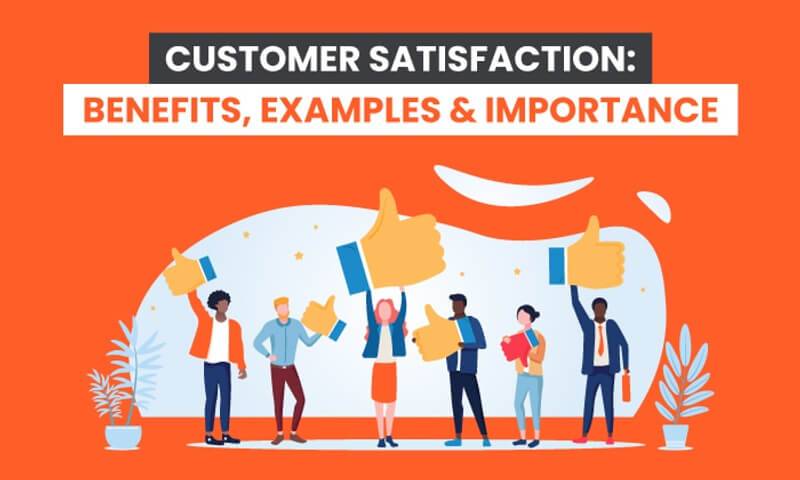
Importance of Customer Service in Increasing Customer Loyalty
In the world of business, customer loyalty is of utmost importance as it leads to increased sales and customer retention. This is why customer service plays a pivotal role in increasing customer loyalty. By acknowledging the importance of the customer and providing them with exceptional service, companies can gain the trust and loyalty of their customers. Additionally, customer service also plays a crucial role in receiving and resolving complaints, thus ensuring customer satisfaction. The benefits of customer loyalty can be realized with a unified customer experiences platform like Zoho CRM Plus, which brings together sales, marketing, service, and operations teams.
By leveraging CRM Plus, businesses can simplify work management, accelerate sales, and define customer needs accurately. Furthermore, gathering customer feedback can provide valuable insights into customer needs and preferences, helping businesses improve their products and services and ultimately driving sales and marketing efforts. All in all, effective customer service is key to building and maintaining strong customer relationships, which in turn leads to increased customer loyalty and business success.

Simplifying Work Management with Real-time Collaboration
As the previous sections have established, customer feedback is invaluable for sales and marketing success. However, managing and analyzing that feedback can be a daunting task. This is where real-time collaboration comes in. By leveraging software tools that enable real-time feedback gathering, sharing, and analysis, businesses can simplify their work management processes and streamline the way they respond to customer needs. Collaboration tools also help to create successful teams, fostering a culture of communication and collaboration.
As a result, companies can develop more effective marketing strategies, improve customer loyalty, and ultimately drive sales growth. By utilizing advanced work management and collaboration tools, businesses can better connect with their customers, improve their bottom line, and achieve enduring success.
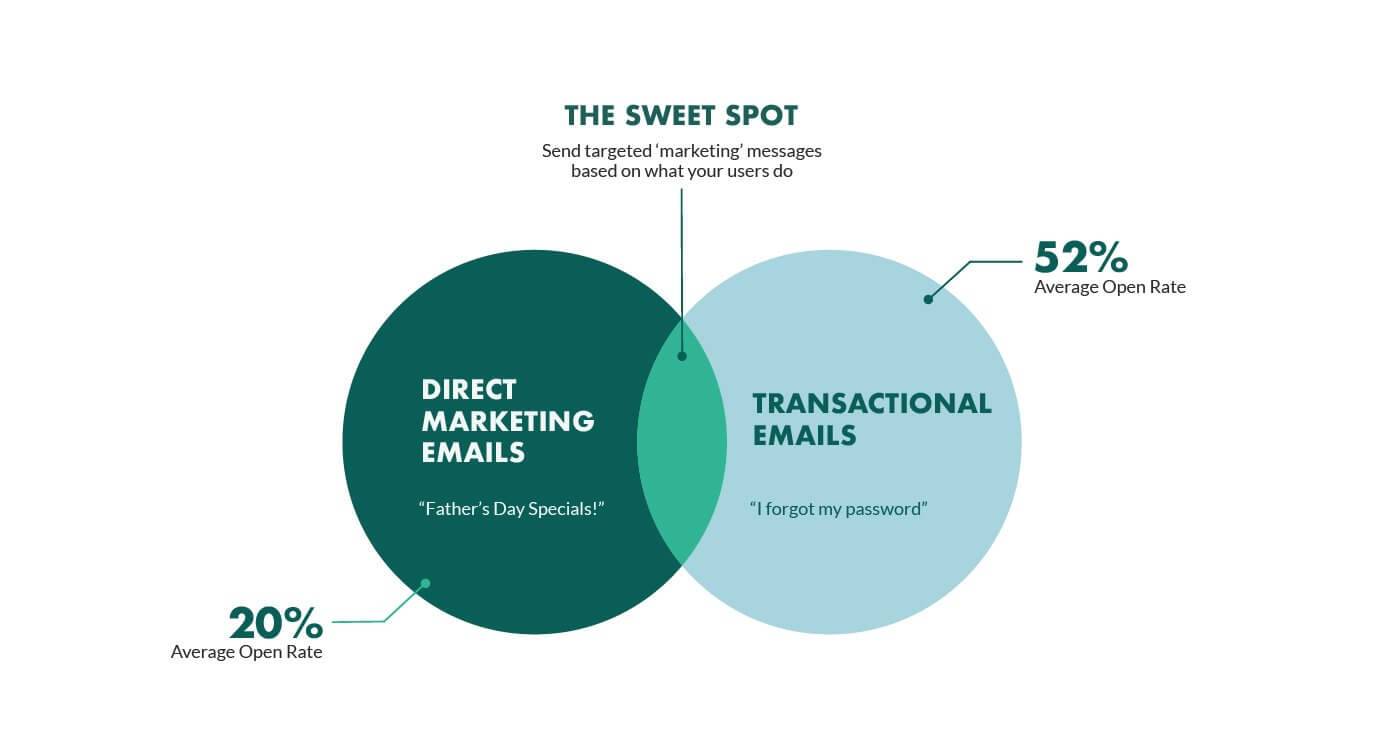
Targeted Email Campaigns with Effective Marketing Strategies
Effective marketing strategies are critical to the success of any business. Targeted email campaigns, in particular, are an indispensable tool that can yield significant benefits in terms of customer engagement, retention, and building brand loyalty. By leveraging data analytics and employing customer segmentation techniques, businesses can create bespoke email campaigns tailored to their customers’ specific demographics, needs, and interests.
These campaigns can include personalized offers and promotions, informational content, and call-to-action messages encouraging customers to act. By deploying targeted email campaigns, businesses can increase sales and enhance customer satisfaction, strengthen brand reputation, and elevate their overall marketing efforts.

Accelerating Sales through Customer Data and Next-best Actions
In order to accelerate sales, businesses should prioritize collecting and analyzing customer data to determine the next-best actions for each individual. By utilizing customer relationship management systems, they can track buying behavior and tailor their offers to meet specific needs and preferences. This not only increases the chances of a sale but also helps to build customer loyalty through personalized experiences. Businesses can further accelerate sales and drive immediate customer action by combining this data with effective marketing strategies, such as targeted email campaigns and direct response marketing.
Overall, prioritizing customer data and taking the next-best actions based on that information can significantly impact sales growth and overall success in the market.
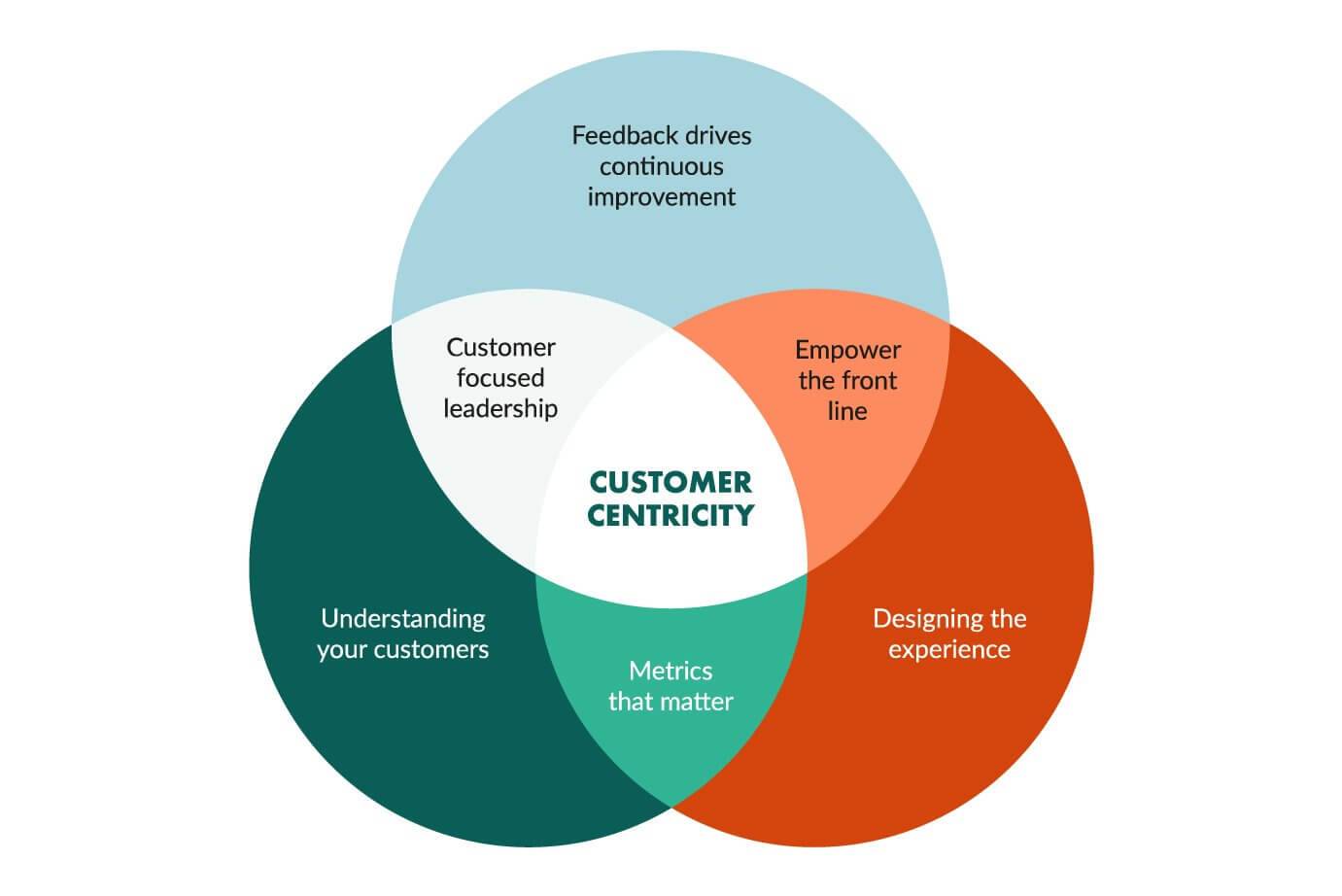
Knowledge: Key to Establishing Trust and Building Relationships
In the world of sales and marketing, knowledge is key to establishing trust with customers and building strong relationships. By utilizing CRM systems and gathering customer data, businesses can gain insights into their customers’ preferences and needs, allowing them to tailor their approach and communication with each individual. This personalized approach helps establish trust, showing customers that their needs are valued and understood.
By building strong relationships with customers, businesses can increase loyalty and encourage repeat purchases, leading to long-term success. In combination with other strategies, such as targeted email campaigns and direct response marketing, utilizing knowledge to establish trust is crucial to any successful sales and marketing strategy.
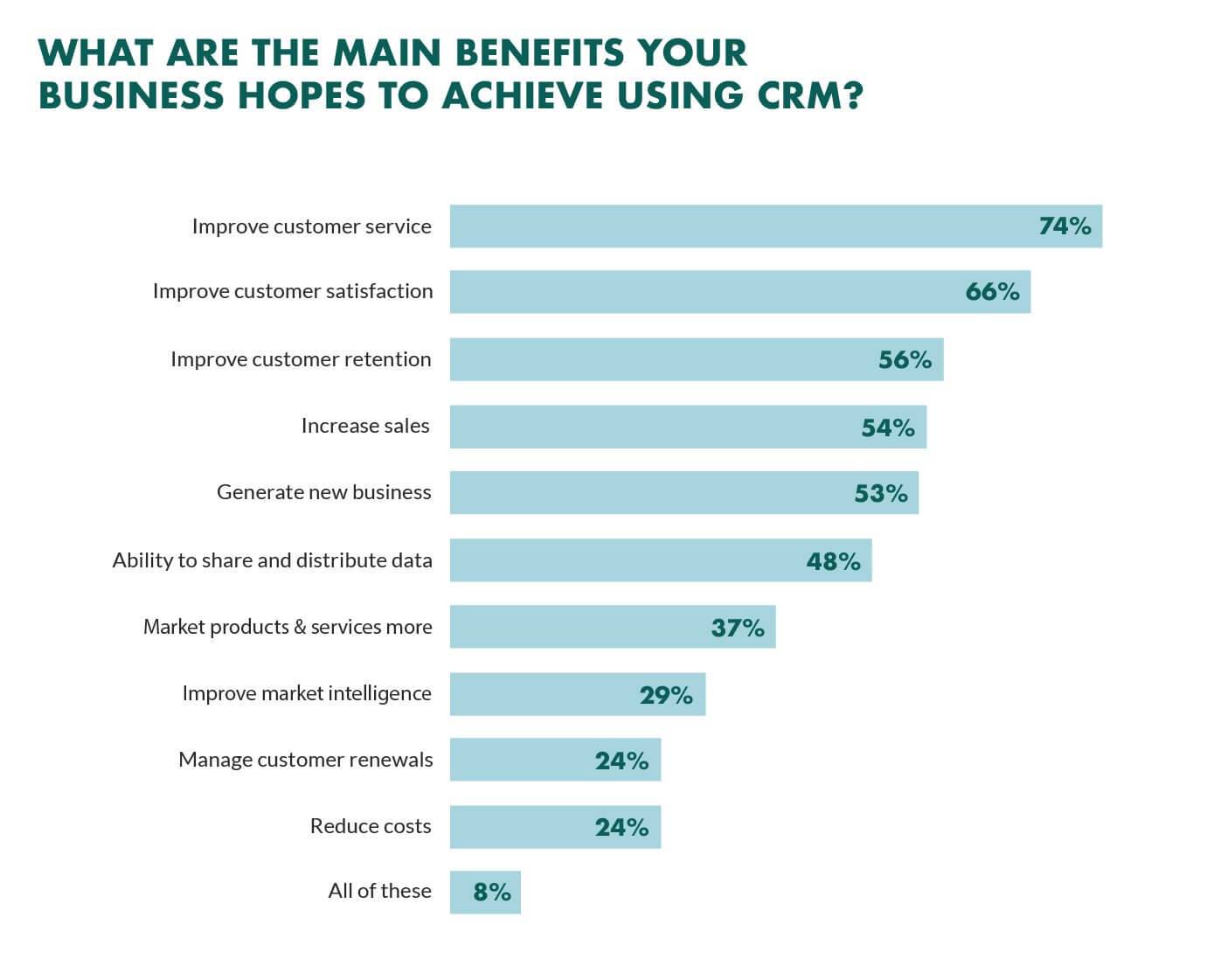
Defining Customer Needs Accurately with CRM Systems
Utilizing a Customer Relationship Management (CRM) system can provide many benefits for businesses, including accurately defining customer needs. With access to comprehensive data on customer interactions, behaviors, and preferences, companies can better understand their customers and tailor their approach to meet their specific needs. This knowledge can lead to more effective marketing campaigns, targeted email communications, and personalized sales approaches. Accurately defining customer needs can also help businesses establish trust and build stronger relationships with their customers.
By utilizing a CRM system, companies can create a more efficient and effective sales and marketing strategy focused on meeting their customers’ needs.
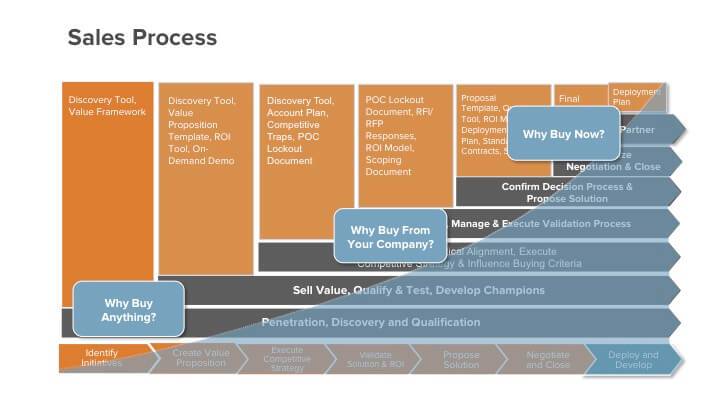
Focusing on Sales: Goals, Strategies, and Techniques
It is no secret that the ultimate goal of sales and marketing teams is to drive sales. However, to achieve this, a targeted approach needs to be implemented. One of the most effective ways to focus on sales is by setting clear goals, determining the strategies required to achieve them, and implementing the required techniques. Customer feedback can play a crucial role in attaining these objectives. To establish trust and build relationships, it is essential to define customer needs accurately with the help of customer relationship management (CRM) systems. Stronger relationships with customers lead to increased sales. Direct response marketing can also encourage customers to take immediate action.
By gathering feedback from customers, sales and marketing teams can gain valuable insights into what their target audience wants and needs. This information can be used to tailor marketing campaigns and sales pitches to have a greater impact, resulting in improved sales. Ultimately, it is essential to focus not just on the segment but also on customer feedback to drive sales success.

Direct Response Marketing for Immediate Customer Action
Direct response marketing is a powerful tool for businesses looking to generate leads quickly and cost-effectively. With a direct line of communication to customers, response times can be instantaneous, allowing companies to capitalize on customer interest and generate immediate action. Personalization is another key benefit of direct response marketing, with direct mail or email allowing companies to address customers by name and even include details of past purchases or interactions. Direct-response marketing can be a powerful force for accelerating sales and building customer loyalty when combined with effective marketing strategies, including targeted email campaigns and real-time collaboration tools.
By listening to feedback from customers and tailoring marketing efforts accordingly, businesses can establish trust, build lasting relationships, and achieve long-term success.
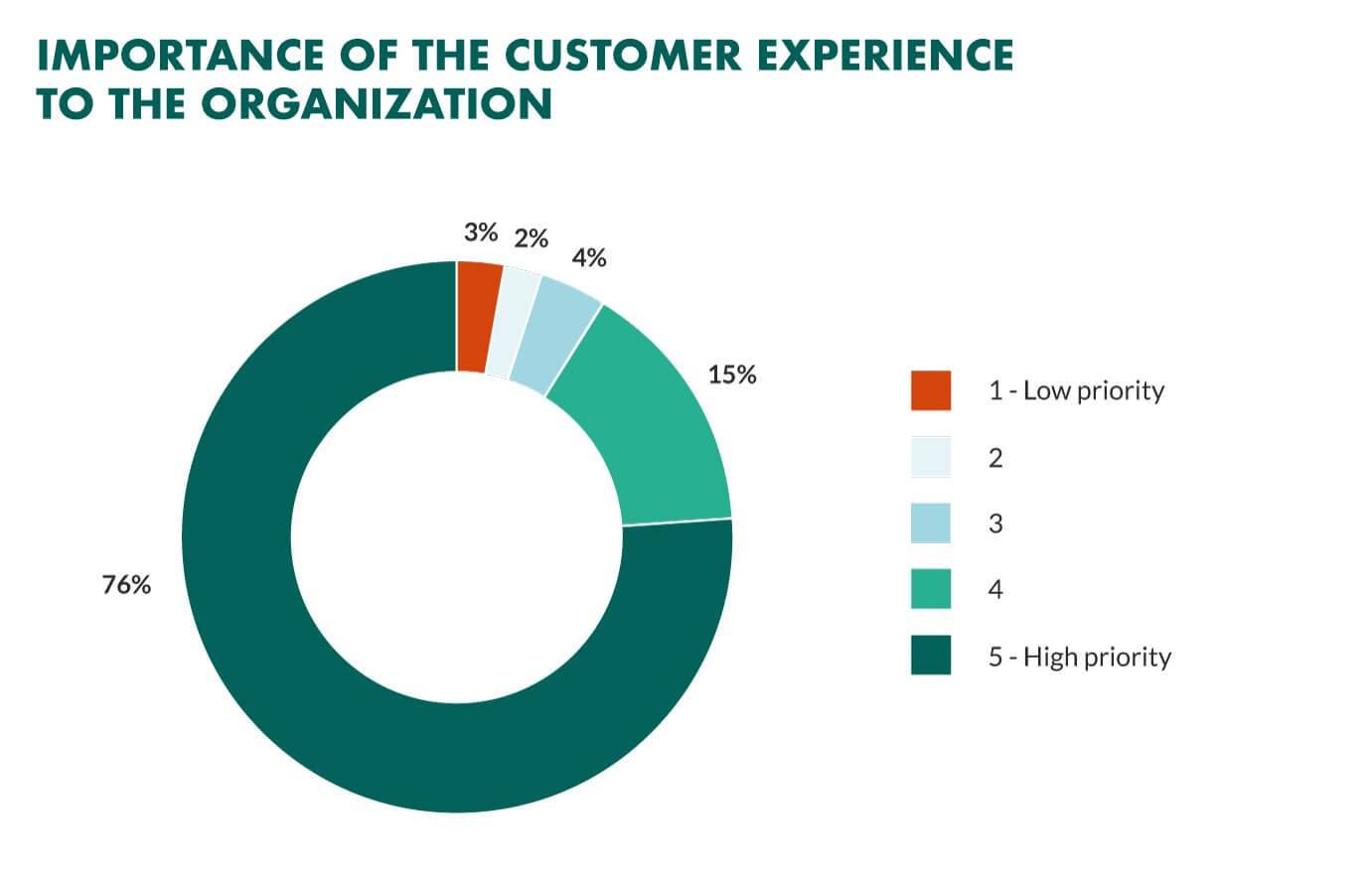
Using CRM for Digital Marketing and Improved Rankings
Using CRM for digital marketing and improved rankings is a vital element for sales and marketing success. Businesses can leverage their CRM system to manage email campaigns, track customer engagement with their website, and analyze the effectiveness of their online advertising. By integrating digital marketing activities with customer data, companies can improve their website’s search engine rankings, which leads to increased traffic and sales. CRM software can also analyze customer behavior and preferences to better understand what types of content and promotions are likely to resonate with them.
Overall, using CRM for digital marketing can provide valuable insights that help businesses make informed decisions to improve their marketing efforts and build stronger relationships with customers.

Customer Feedback: Benefits for Sales and Marketing.
Customer feedback is crucial for businesses looking to excel in sales and marketing. By listening to and taking into account customer feedback, businesses can improve their products and services, make necessary changes, and ultimately increase customer loyalty. This also leads to positive reviews, which are essential for word-of-mouth advertising, one of the most successful acquisition channels. In addition, customer feedback can reveal insights about customer behavior and usage patterns, especially for digital products and services. This information is valuable as it allows businesses to develop personalized marketing strategies, accelerating sales and increasing revenue. By prioritizing customer needs and preferences, businesses can establish trust and build long-lasting relationships with their clientele.
Therefore, customer feedback should be viewed as a fundamental tool in achieving key business benefits such as increased market share, lower costs, and higher revenue.
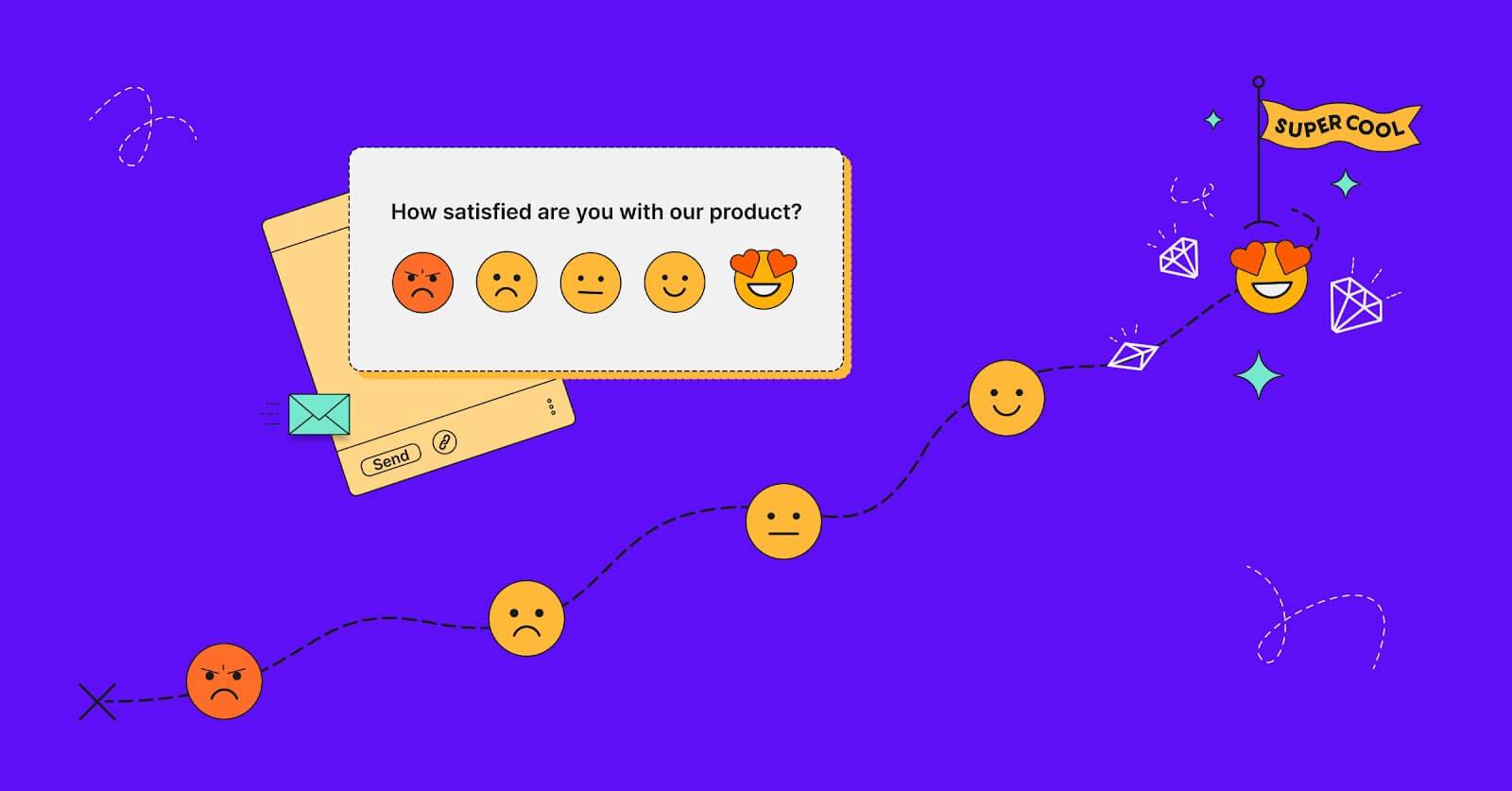
Conclusion
In conclusion, customer feedback is invaluable for enhancing sales and marketing efforts in any business. Companies can tailor their strategies to increase customer satisfaction and loyalty by focusing on customer needs and desires. Real-time collaboration and CRM systems allow for efficient management and accurate data analysis, enabling targeted email campaigns and next-best actions.
Direct response marketing can lead to immediate customer action, while user-generated content and multi-channel strategies can broaden brand exposure. Ultimately, building strong relationships and establishing trust with customers through knowledge and effective communication is the key to successful marketing and increased sales. By utilizing customer feedback, companies can continuously improve and grow, ultimately reaching their goals and achieving long-term success.



